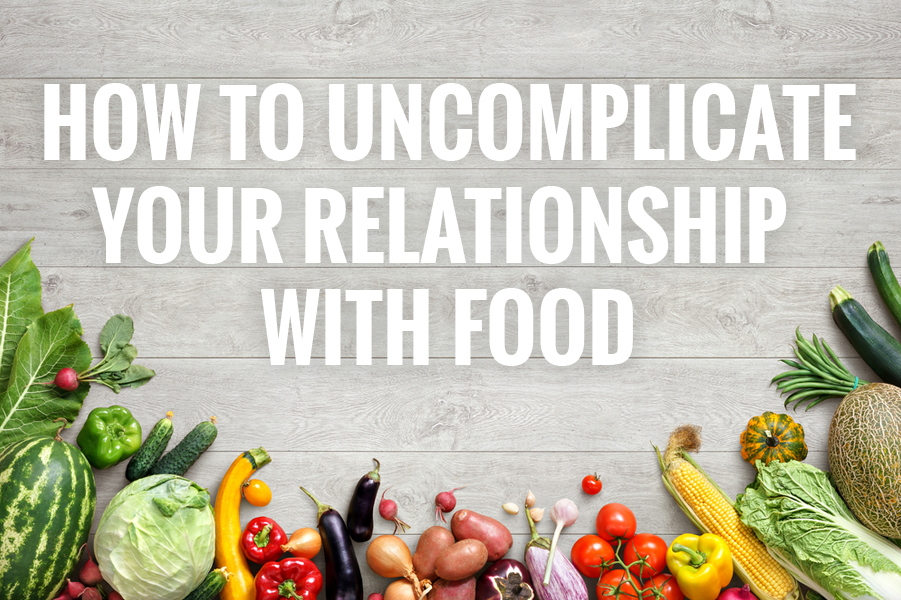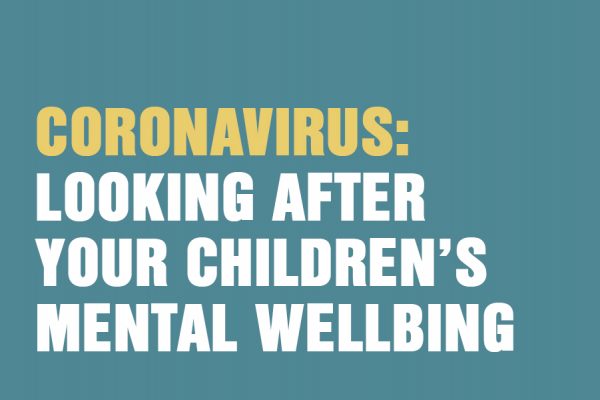Mental health issues among young people are on the rise. There is thankfully more awareness of mental health generally – and young people are encouraged to speak out rather than suffer in silence. But figures show that mental health disorder in young people is a major issue.
A survey by NHS Digital on the mental health of 9117 children and young people in England found that one in eight children aged between 5 and 19 had a mental health disorder in 2017. Overall, the percentage of children and young people experiencing a mental health disorder rose from 9.7% in 1999 to 11.2% in 2017. For teenagers the percentage is higher: 17% of 17-to-19-year-olds were shown to have a mental health disorder in 2017.
Research carried out by the Mental Health Foundation for Mental Health Awareness Week 2019 focused on our relationship with our body image – and the impact this can have on our mental health and emotional wellbeing. The survey of 4505 adults and 1118 teenagers aged 13-19 in the UK found that “higher body dissatisfaction is associated with a poorer quality of life, psychological distress, and the risk of unhealthy eating behaviours and eating disorders”. This distress is heightened among young people.
Among teenagers, 37% reported feeling upset about their body image, and 31% said they felt ashamed in relation to their body image. Four in 10 (40% of the teenagers in the survey said that images on social media had caused them to worry about their body image.
The Mental Health Foundation has called for training to support parents, carers and teachers have a positive influence on how they feel about their bodies – as well as campaigns to help combat appearance-based bullying.
What can you do to support a young person struggling with a mental health issue, such as depression or anxiety…?
Spot the signs. Some of the warning signs to look out for in young people include:
- Uncharacteristic moodiness or anger (beyond just being a teenager) that has been going on for some time.
- Withdrawing from a social life and isolating themselves more and more.
- Their self-care starts to falter.
- They just don’t seem ‘themselves’, as though they’ve become a different person.
- Their sleeping or eating habits have changed significantly, and not in a healthy way.
- Excessive fear or worry.
- Persistent low mood and lack of energy.
- In extreme cases, self-harming or suicidal thoughts.
What you can do
- Ensure your young person is sleeping and eating well. Can you support them with structuring their days so they can eat with others, not on their own?
- Encourage the young person to be involved in family life and to socialise with friends.
- Think about your own lifestyle choices: are you eating and sleeping well, and taking care of yourself. Young people pick up on others around them. Are you a role model for them?
- Speak to your GP if you have serious concerns, and they may refer your young person to CAMHS.
- Support your young person in finding someone to talk to. This may be a good friend or family member, or you may want to find a professional to talk to. Talking to someone they trust can help a young person process all the difficult things they might have going on in life. This could be through child and adolescent counselling which can help identify and work with your child’s mental health problems.
If you’re concerned about the mental health of a young person, or need support yourself, get in touch with us to arrange an initial appointment. You can reach us on 020 8673 4545 or [email protected] We have counselling and psychotherapy sessions available seven days a week from our centres in Clapham and Tooting.







